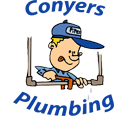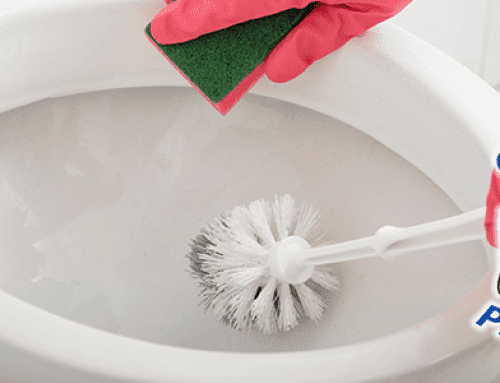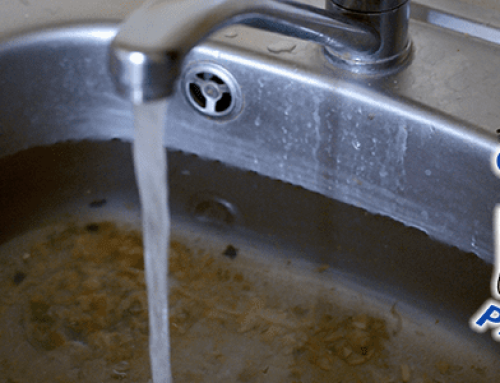Plumbing disasters happen every day and these can have a devastating effect. Imagine losing all your family photos, yearbooks and memorabilia. All because of a leaky pipe that ended up bursting and flooding your basement or garage. It doesn’t bear thinking about but it can happen and it does happen all too often. The chances go down if you use plumbing tips to prepare.
Unfortunately sometimes these types of things are unavoidable as general wear and tear, a cold spell or an unexpected issue do happen and nothing could have been done to predict it. However, a lot of plumbing emergencies can be avoided with regular servicing, maintenance and general repairs. Additionally, having some plumbing tips in your back pocket is helpful.
Some of the best plumbing tips advise to avoid some of these plumbing emergencies by being prepared and knowing your home and it’s plumbing systems. It can be easy to forget about things like plumbing and routine maintenance because many of the pipes and water systems are hidden from view and problems aren’t always obvious to begin with. But knowing your system and it’s quirks and taking good care of your plumbing can save you a lot of money and hassle in the long run.
Here are some plumbing tips that every homeowner should know and be aware of.
1. Know your pipes
Do you know where your pipes are? How about where your water main is? Where the water main in particular is vital to know before you need it in an emergency. It can be very difficult to locate and get to this quickly when water is spraying everywhere. Knowing the location of any stops and shutoff valves means you can have the water turned off quickly and potentially avoid some of the damage water can do.
If you have the original plans of your home then you might be able to have a detailed plan of where everything is which is great but be aware that changes may have been made since the house was built.
2. Check For Signs Of Leaks Regularly
Leaks often start off small and can go unnoticed for weeks or months before becoming a problem. It is much easier to deal with small leaks early than wait for it to grow or even get to a point where you need to call out an emergency plumber.
You can check for leaks by noticing if the smell of rooms or areas change. If there is a musty or damp smell it could be a sign of a leak. Mold, mildew and signs of damp are also signs there is a problem and you need to investigate further. You might even need to call out a plumber if you can’t locate the leak yourself.
3. Take Care of Your Drains
Sink, shower and bathtub drains are hotspots when it comes to plumbing issues. These easily get clogged up with dirt and hair and eventually can cause blockages in the system. Clean your drains regularly and deal with any small clogs early. Don’t let these problems build up and you can save yourself a lot of hassle.
4. Don’t Misuse Your Garbage Disposal
Garbage disposal units can be tricky and people often try and put all kinds of trash into them and amazing as they are these units can’t handle too much grease, fat or difficult food items. Take care of your garbage disposal by keeping it clean and maintained and not putting too much into it at any one time.
5. Watch Your Pressure
Water pressure is really important when it comes to a healthy plumbing system so make sure you know how to check your pressure and do it at regular intervals. There are lots of tools and tips to help you do this. By keeping an eye on this you can often spot problems with your plumbing early and get them fixed before they become a bit problem.
6. Be Kind To Your Toilets
Your toilet is one household item you don’t want to break down so make sure it is well taken care of. You can avoid many common blockages and problems by only flushing toilet paper and avoiding any items such as sanitary products, cotton swabs, moist towelettes and baby wipes. These will al clog up your sewerage system and this can lead to a very smelly and big problem.
7. Fix Those Dripping Faucets
Dripping faucets might seem like just an annoyance that you can deal with when you have time but these small leaks can be more than just an irritant – they could be costing you money on your utility bills!




